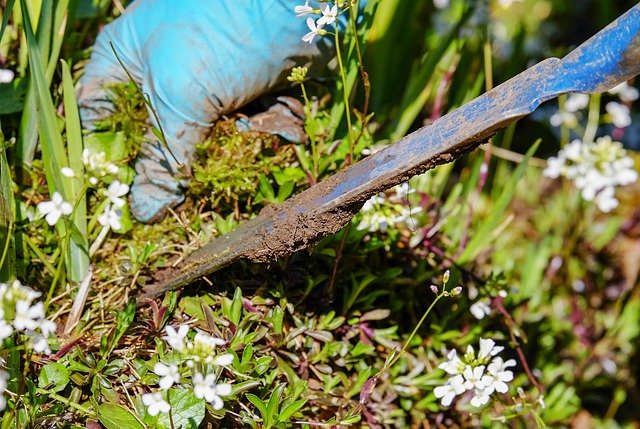Effective Weed Removal Strategies for a Thriving Garden
Maintaining a beautiful garden or lawn can be a challenging task, especially when it comes to dealing with persistent weeds. These unwanted plants can quickly take over your carefully cultivated space, competing with your desired plants for nutrients, water, and sunlight. Fortunately, there are various effective weed removal strategies that can help you keep your garden in top shape. In this article, we'll explore different methods and tools for weed control, helping you maintain a healthy and vibrant outdoor space.

How can I prevent weeds from growing in my garden?
Prevention is often the best strategy when it comes to weed control. One of the most effective preventive measures is the use of mulch. Applying a thick layer of organic mulch around your plants can help suppress weed growth by blocking sunlight and preventing weed seeds from germinating. Additionally, maintaining a healthy lawn through proper mowing, watering, and fertilization can create a dense turf that naturally crowds out weeds. Another preventive technique is to use landscape fabric or weed barrier cloth in areas prone to weed growth, such as flower beds or vegetable gardens.
What are some manual weed removal techniques?
For small-scale weed problems, manual removal can be an effective and environmentally friendly option. Hand-pulling is the most straightforward method, particularly for weeds with shallow root systems. Ensure you remove the entire root to prevent regrowth. For weeds with deeper roots, such as dandelions, use a weeding tool or a garden fork to loosen the soil around the plant before pulling. Another manual technique is hoeing, which involves using a hoe to cut weeds off at or just below the soil surface. This method works best on young weeds and should be done on a dry, sunny day to ensure the uprooted weeds wither quickly.
Are there effective organic weed control methods?
If you prefer to avoid chemical herbicides, several organic weed control methods can be effective. Boiling water can be poured directly onto weeds, effectively killing them without harming the surrounding soil. Vinegar, particularly horticultural vinegar with higher acetic acid content, can also be used as a natural herbicide. However, be cautious as it can also harm desired plants. Another organic option is corn gluten meal, which acts as a pre-emergent herbicide, preventing weed seeds from germinating. Lastly, solarization, which involves covering the affected area with clear plastic to trap heat and kill weeds, can be effective for larger areas.
What chemical weed killers are available, and how do they work?
Chemical herbicides can be a powerful tool in weed control, especially for large-scale infestations. There are two main types of chemical weed killers: selective and non-selective. Selective herbicides target specific types of weeds while leaving other plants unharmed. These are often used on lawns to control broadleaf weeds without damaging grass. Non-selective herbicides, on the other hand, kill any plant they come into contact with and should be used carefully to avoid damaging desirable plants. Systemic herbicides are absorbed by the plant and transported throughout its system, killing it from the roots up. Contact herbicides only kill the parts of the plant they touch and are most effective on annual weeds.
How can I maintain a weed-free garden long-term?
Maintaining a weed-free garden requires ongoing effort and a combination of strategies. Regular inspection and prompt removal of any new weeds is crucial. Consistently applying mulch and replenishing it as needed can help suppress weed growth. Proper plant spacing in your garden can reduce open areas where weeds can establish themselves. Consider using cover crops in vegetable gardens during off-seasons to prevent weed growth and improve soil health. Lastly, maintaining healthy soil through proper fertilization and pH balance can promote strong plant growth, making it harder for weeds to compete.
By employing a combination of preventive measures, manual removal techniques, and targeted treatments when necessary, you can effectively manage weeds in your garden. Remember that weed control is an ongoing process, and consistency is key to maintaining a beautiful, weed-free outdoor space. With the right approach and tools, you can enjoy a thriving garden free from the nuisance of unwanted plants.






